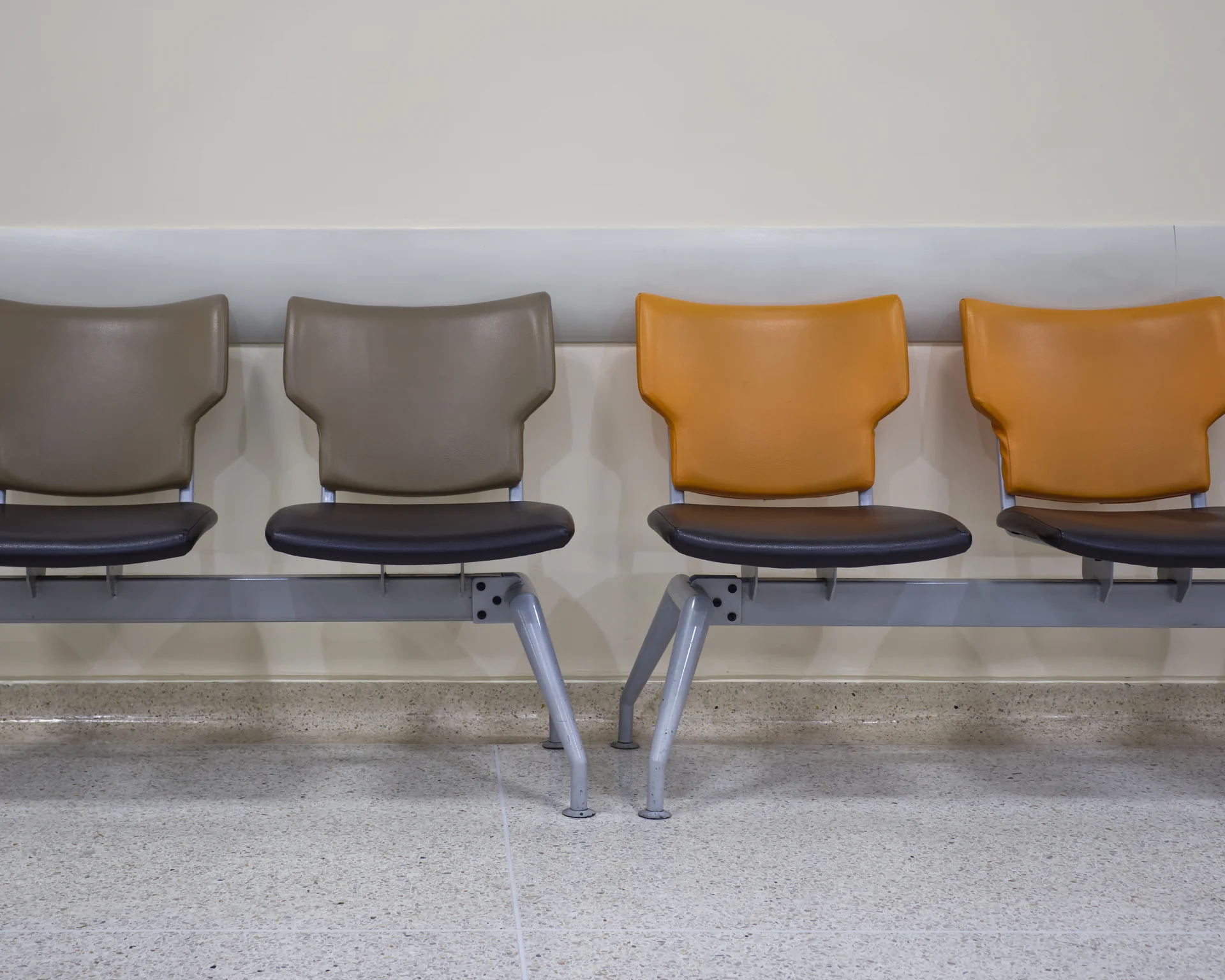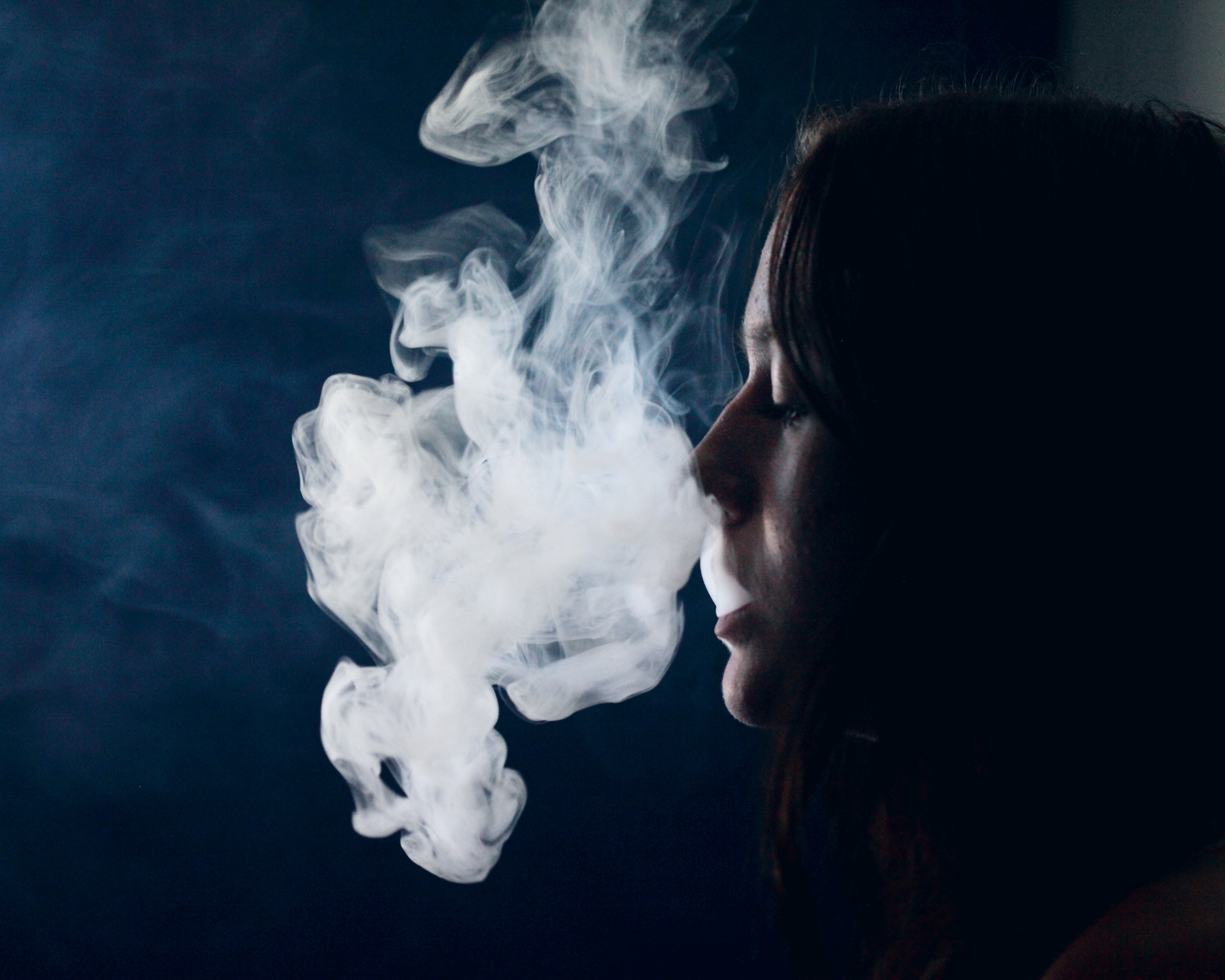The Social Media Paradox: More Friends, Less Connection
The more time people spend actively engaging on social media—whether through posting, commenting, or messaging—the lonelier they may feel.
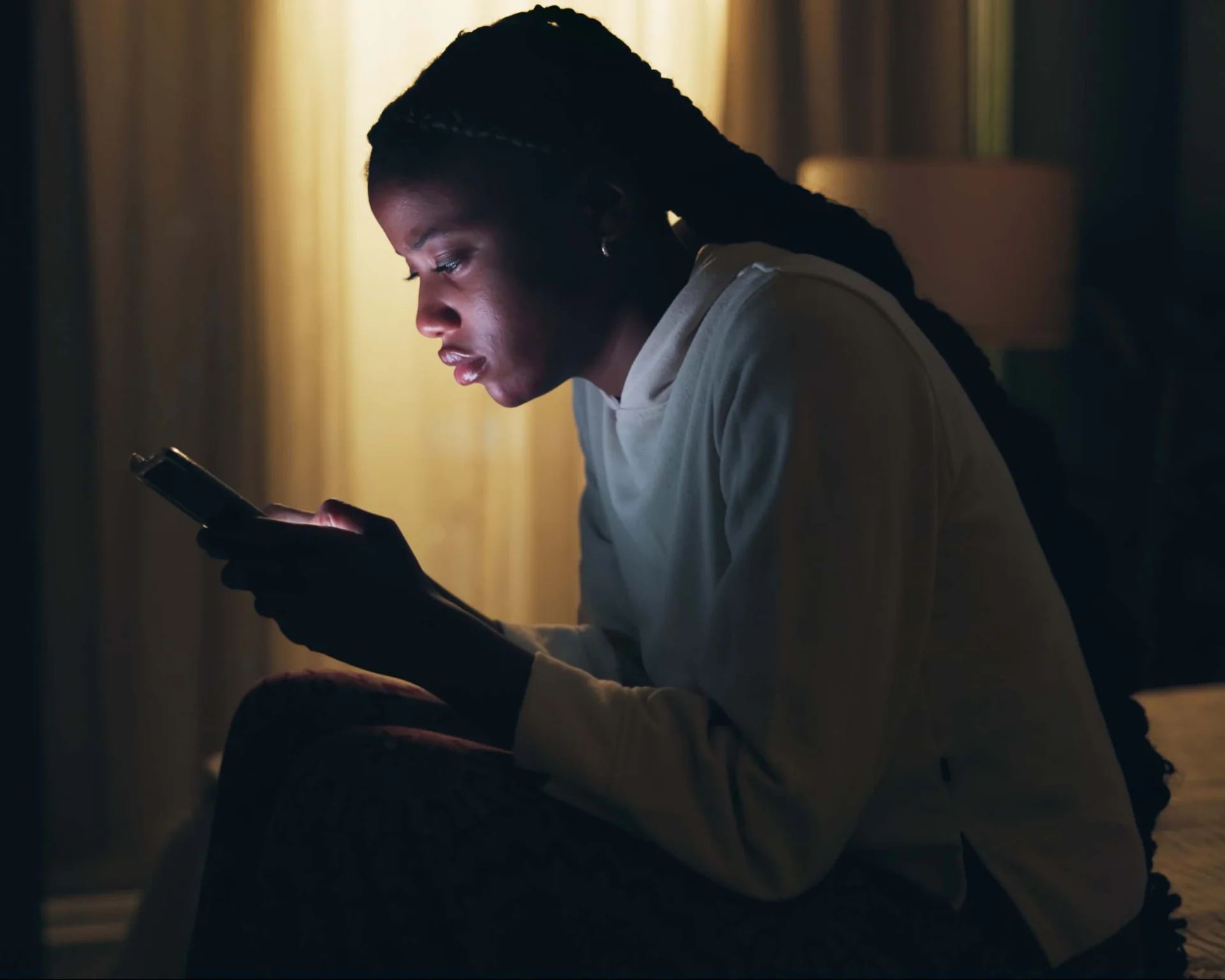
Read Time: 2 minutes
Published:
Does social media connect the 5.2 billion people worldwide who use it? Or does it deepen feelings of isolation? For many, social media can feel like a double-edged sword: a place designed for connection that can sometimes leave us feeling more alone.
According to former U.S. Surgeon General Dr. Vivek Murthy, lacking social connections can be as harmful to health as smoking up to 15 cigarettes a day. Loneliness is more than just an emotional experience—it has physical health consequences, including a higher risk of heart disease, stroke, obesity, and other chronic conditions.
To explore this further, James A. Roberts and his team studied 7,000 adults from the Netherlands, where people spend an average of 2 hours and 18 minutes a day on social media—slightly more than the U.S. average of 2 hours and 7 minutes. The researchers looked at differences in perceived loneliness by how people used social media: passively (i.e., just scrolling without interacting) versus actively (i.e., commenting, posting, or messaging).
Perhaps surprisingly, active users—those who engaged more frequently—were associated with heightened levels of reported loneliness (top graph) compared to the passive users (bottom graph).
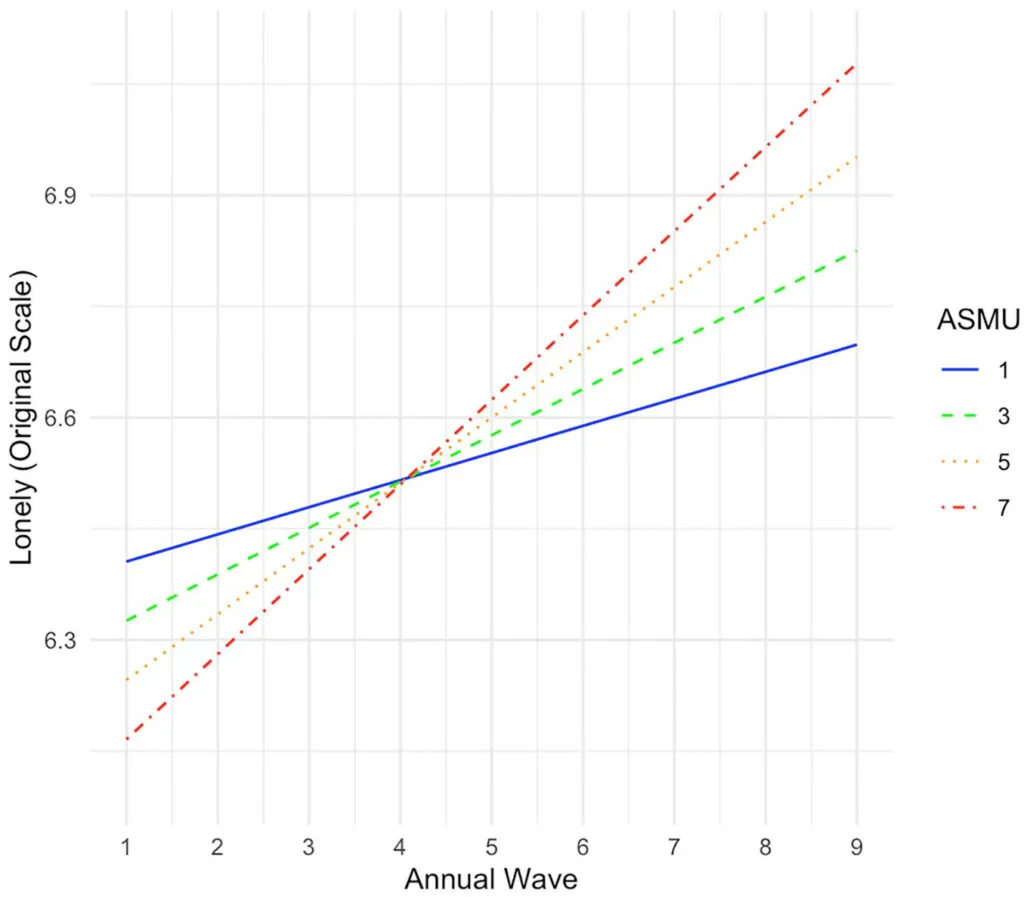
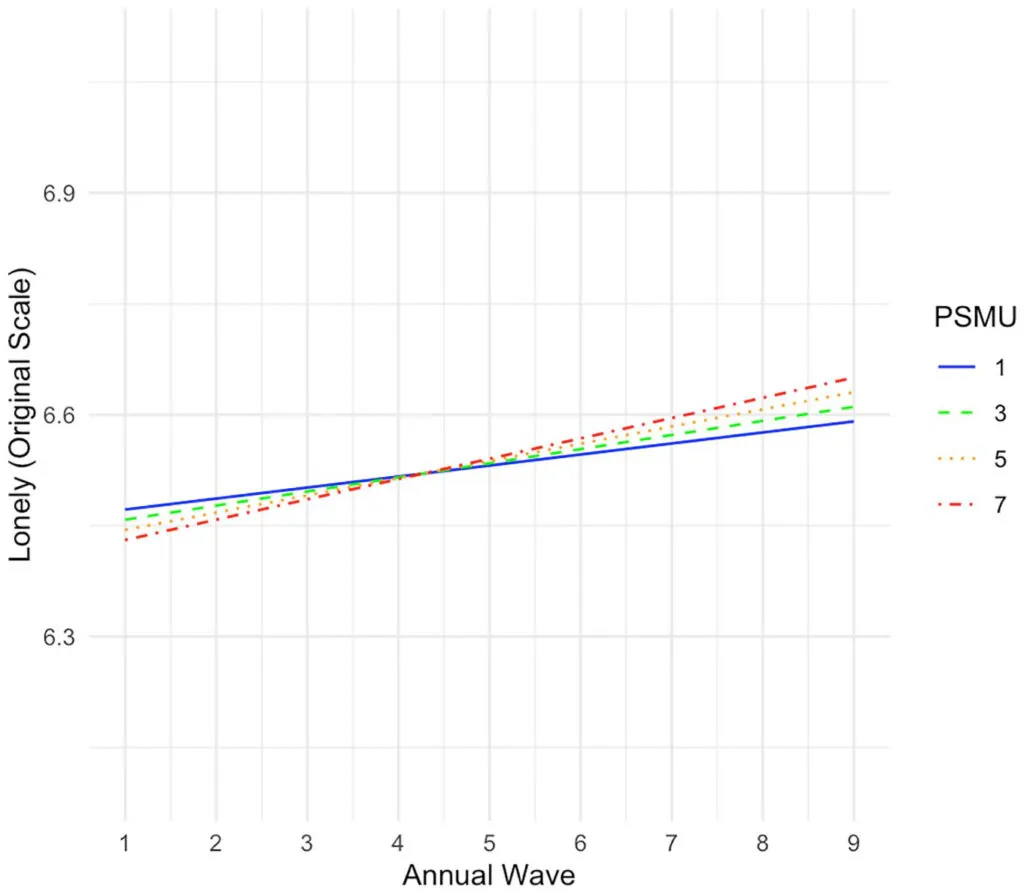
The more time people spent actively engaging on social media, the lonelier they felt. Passive use, like mindlessly scrolling on social media sites, was also linked with increased loneliness, but the effect was less pronounced than active use. These findings align with previous research, highlighting that social media often fails to provide the deeper social connections that users are looking for. The study also revealed a feedback loop: people who felt lonelier were more likely to spend more time on social media, which in turn can increase their sense of isolation.
What might explain these findings? Picture this: you share a funny photo or personal achievement, hoping to connect, only to receive minimal or no responses. This lack of engagement can leave active users feeling discouraged and even more disconnected. Researchers suggest that this type of experience may contribute to rising loneliness among active users.
As platforms continue to shape how we interact and communicate, it’s important to recognize that meaningful connection requires more than just likes or comments. Cultivating healthier social media habits—like balancing screen time and seeking meaningful offline interactions—is a step toward better physical and mental well-being.


